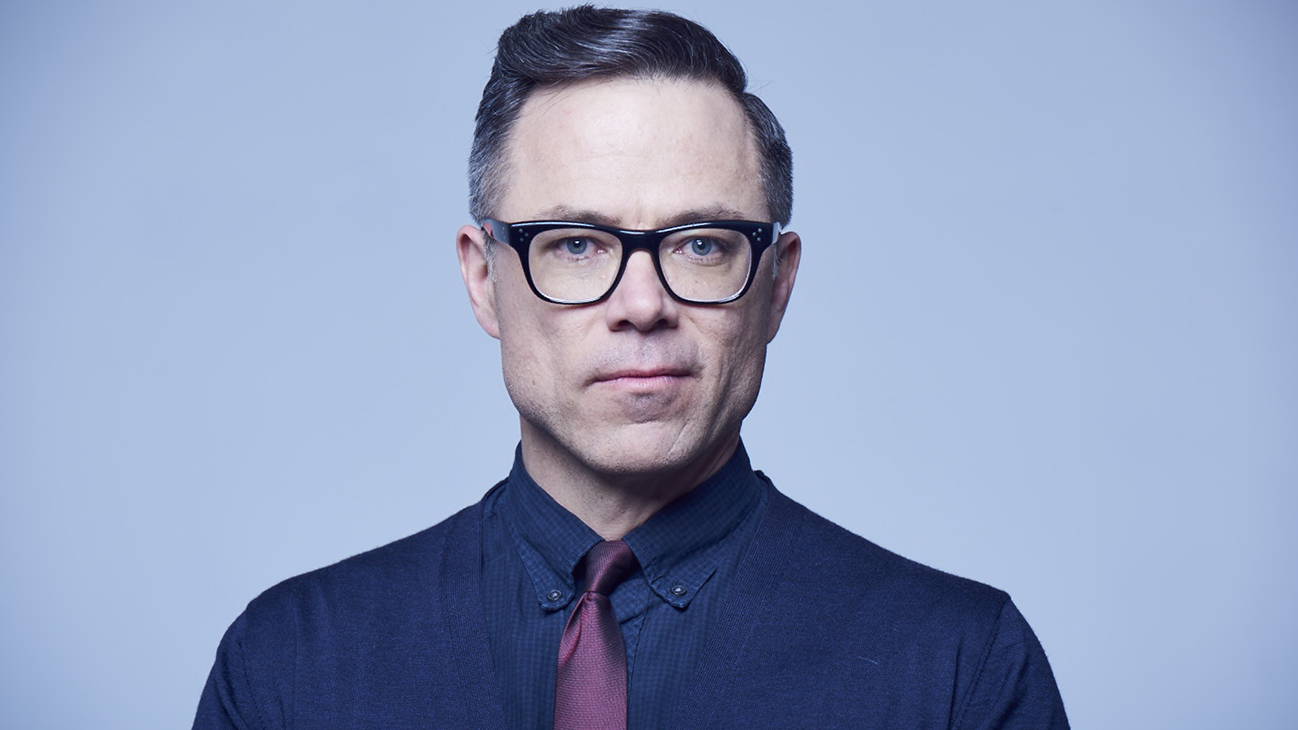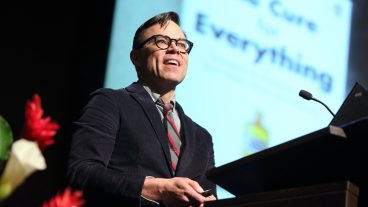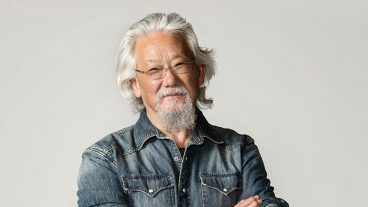During the pandemic, we also find ourselves in what the World Health Organization calls, an infodemic — an explosion of misinformation when it comes to magical COVID-19 cures, immune boosters, and unproven therapies. Having spent more than a decade studying the impact and spread of pseudoscience, Professor Timothy Caulfield and his team have received funding to track misinformation and conspiracy theories surrounding the pandemic.
Although misinformation is spreading like wildfire, Timothy says it has also triggered a rise in fact-checkers and an increased demand for accountability. Now, he says, is the time for science to take back the narrative.
The scale of this global crisis and the very public display of lies and misinformation being spread, particularly from some prominent politicians, has primed the public for a pro-science response
In a recent piece for Nature, a research journal, Timothy created a call to action to all within the science community to use this opportunity to forge better relationships with the public and, most importantly, become the dominant and trusted voice in health.
First, we must stop tolerating and legitimizing health pseudoscience, especially at universities and health-care institutions. Many bogus COVID-19 therapies have been embraced by integrative health centres at leading universities and hospitals. If a respected institution, such as the Cleveland Clinic in Ohio, offers reiki — a science-free practice that involves using your hands, without even touching the patient, to balance the “vital life force energy that flows through all living things” — is it any surprise that some people will think that the technique could boost their immune systems and make them less susceptible to the virus? A similar argument can be made about public-health providers in Canada and the United Kingdom: by offering homeopathy, they de facto encourage the idea that this scientifically implausible remedy can work against COVID-19. These are just a few of myriad examples.
In my home country of Canada, regulators are currently cracking down on providers such as chiropractors, naturopaths, herbalists and holistic healers who are marketing products against COVID-19. But the idea that a spinal adjustment, intravenous vitamin therapy or homeopathy could fend off an infectious disease was nonsense before the pandemic.
The fight against pseudoscience is weakened if trusted medical institutions condemn an evidence-free practice in one context and legitimize it in another. We need good science all the time, but particularly during disasters.
There is some evidence that alternative treatments and placebo effects can relieve distress — a common justification for tolerating unproven alternative treatments. But it’s inappropriate to deceive people (even for their benefit) with magical thinking, and it is inappropriate for scientists to let such misinformation go unremarked.
Second, more researchers should become active participants in the public fight against misinformation. Those pushing unproven ideas use the language of real science — a phenomenon I call ‘scienceploitation’ — to legitimize their products. It is, alas, all too effective. Homeopathy and energy therapies, proponents argue, depend on quantum physics. Colonic hydrotherapy is justified using phrases borrowed from microbiome studies. And the language of stem-cell research is used to promote a spray claiming to have immune-boosting properties.
We need physicists, microbiologists, immunologists, gastroenterologists and all scientists from relevant disciplines to provide simple and shareable content explaining why this hijacking of real research is inaccurate and scientifically dishonest.
It does actually need to be said that quantum physics doesn’t explain homeopathy and energy therapies such as reiki. That a colonic won’t bolster your immune system. That, no, a supplement spray won’t enhance the functioning of your stem cells.
Disinformation expert Claire Wardle at Harvard University, has said, “The best way to fight misinformation is to swamp the landscape with accurate information that is easy to digest, engaging and easy to share on mobile devices.” So, Timothy says, let’s get swamping. He urges the science community to make their research accessible to the public though bite-sized digestible mediums, such as social media, in the hope that the legacy left behind this crisis is the recognition of the dangers pseudoscience poses to us all.
Professor Timothy Caulfield is an unrivalled communicator who debunks myths and assumptions about innovation in the health sector — from research on stem cells to diets to alternative medicine — for the benefit of the public and decision-makers.
The host of Netflix’s popular docu-series, A User’s Guide to Cheating Death, Timothy is also a Canada Research Chair in health law and policy, a professor in the Faculty of Law and the School of Public Health, and a research director of the Health Law Institute at the University of Alberta.




